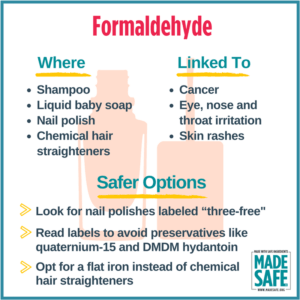South Korea’s Ministry of Food and Drug Safety has proposed new standards relating to the use of formaldehyde and methanol in certain hygiene products, including wet tissues and children's nappies.
If approved, the standards would be added to the Standards and Specifications for Hygiene Products, which sits under the country’s Cleansing and Hygiene Products Control Act. This sets out the requirements for ingredients, manufacturing methods and the use of 17 products.
The proposals:
establish a new standard for the use of methanol and formaldehyde in wet tissues used in the food service business;
establish a new standard on formaldehyde use in disposable cotton swabs and nappies for children;
eliminate the age criteria of 36 months that divides children into two groups, meaning that the specifications would apply to nappies for all children and not just those under 36 months-old; and
add alkaline protease to the positive list of substances that can be used in detergents intended for cleaning kitchen/food utensils (type two) and for industrial food manufacturing or processing (type three).
In the EU, Echa has proposed to restrict formaldehyde – widely used in making building products and as a preservative – to a limit of 75mg/kg in textiles, leather, furs and skins, because of its skin sensitising properties. In the US, the substance is among the 20 candidates to be designated as a high priority for risk evaluation under TSCA.
Methanol is classified as toxic if swallowed, in contact with skin or inhaled, and is on the EU’s Community Rolling Action Plan (Corap). Some uses are restricted under Annex XVII of REACH.
The final date for comments is 60 days after the ministry's 1 July notification to the WTO. The proposed date of adoption and of entry into force are to be determined.


